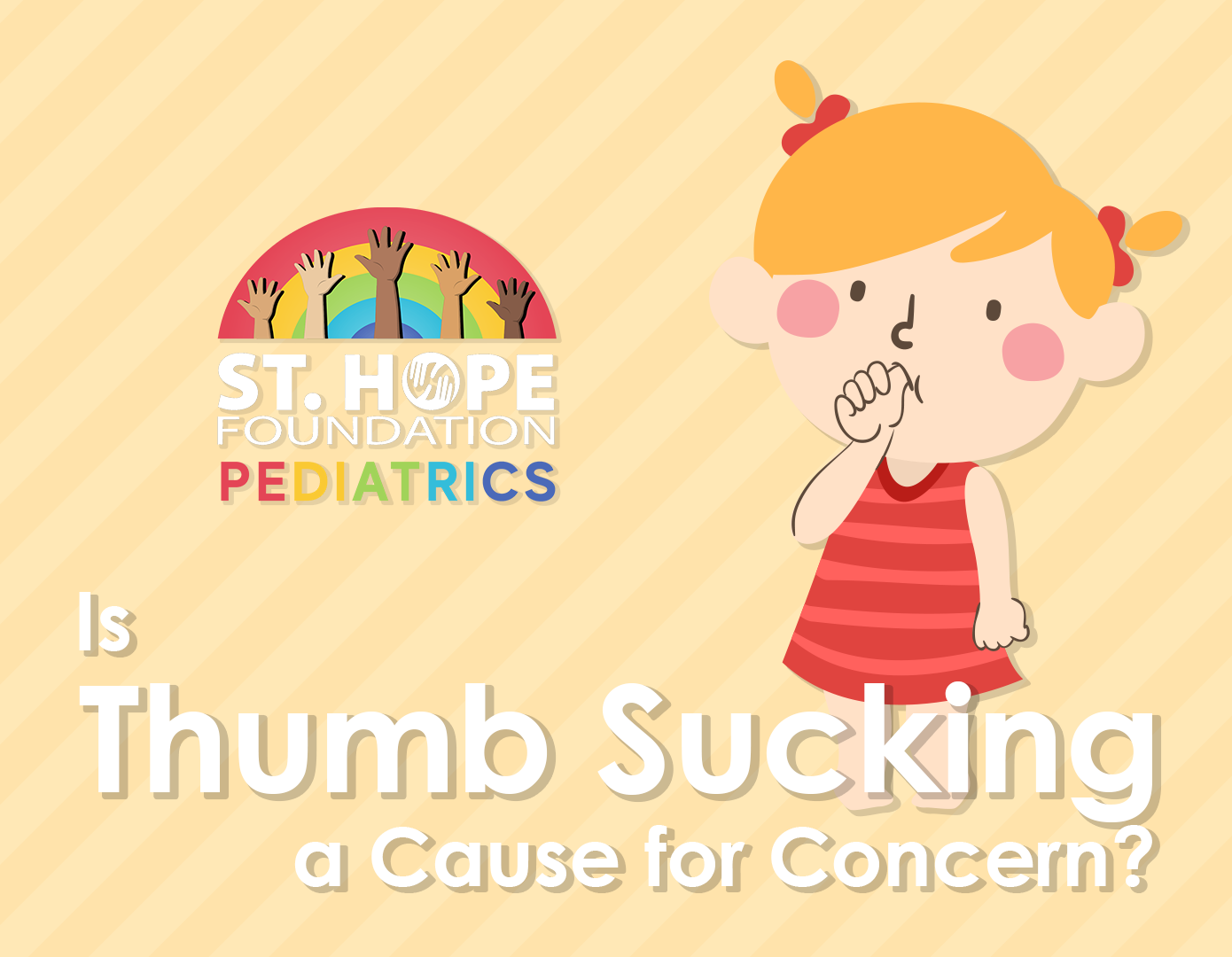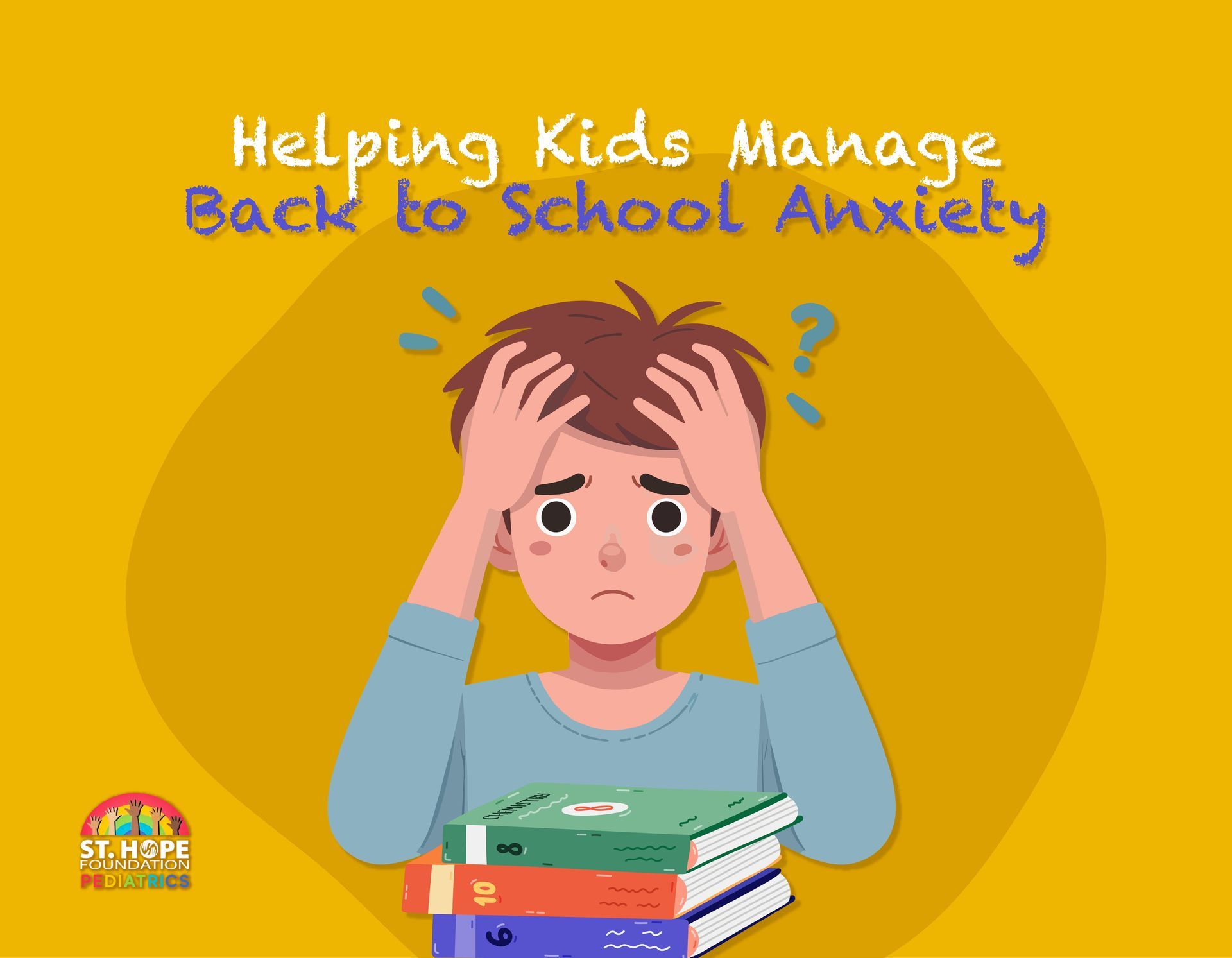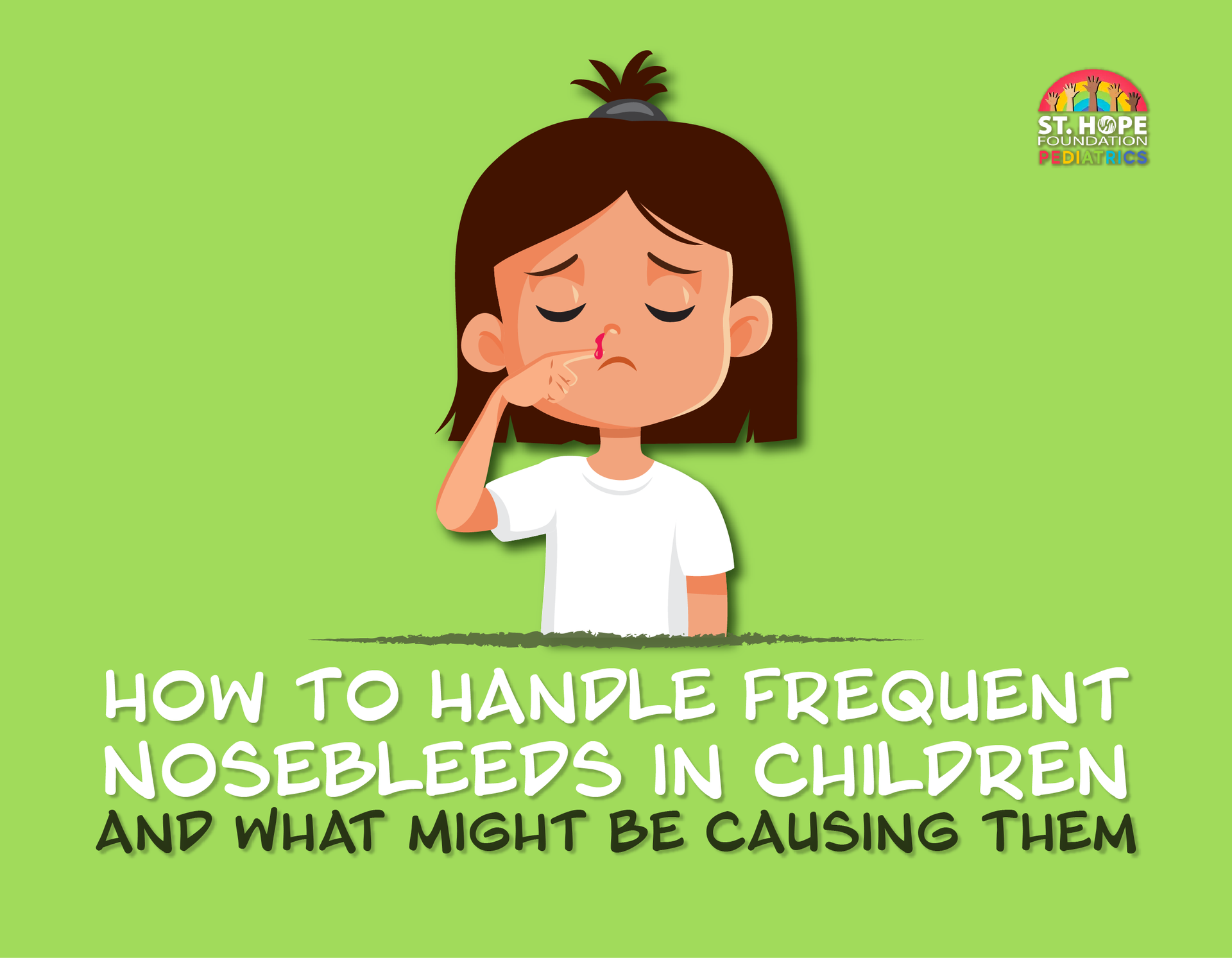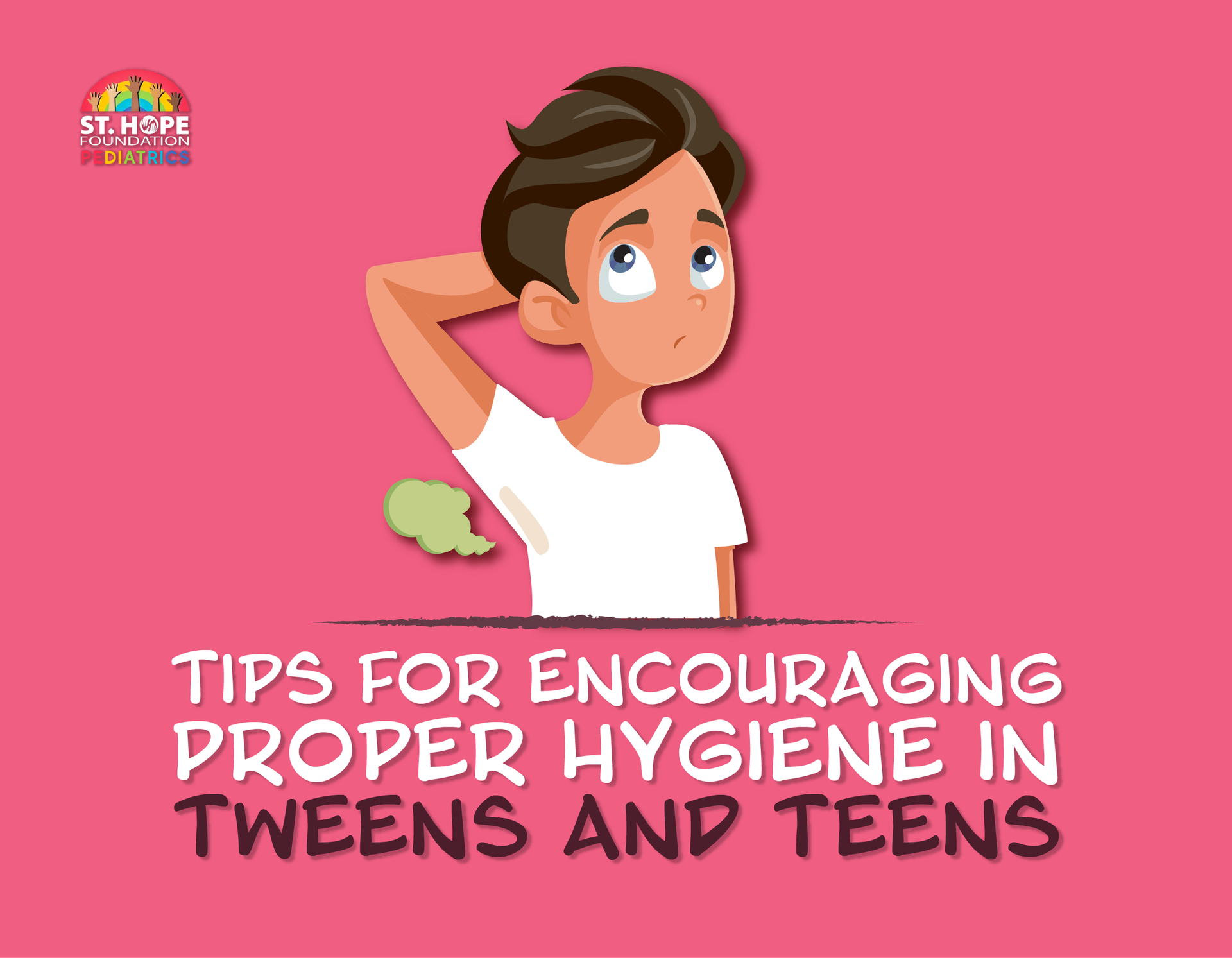
Thumb sucking is a natural and normal behavior in infants and toddlers and is related to nursing. Thumb sucking usually goes away on its own—most children drop this habit between ages two and four. However, if your child’s thumb sucking goes past the age of four, you’ll likely need to intervene, as the habit may lead to serious dental repercussions, including tooth misalignments and bite problems (both of which require orthodontic treatment).
Why Do Children Suck their Thumbs?
Babies suck their thumbs to soothe and relax themselves. The self-soothing helps them fall asleep on their own, feel safe to explore the world around them and transition from infants to toddlers. Some children develop this habit in the womb while others only after they’re born.
Because of the perceived safety that comes with sucking their thumb, some children may continue the habit well into their toddler and early childhood years as a way of coping with stressful situations or to fall asleep.
When to Intervene
It’s generally a good time to intervene If your child is over the age of four and still thumb sucking. The inability to grow out of the habit may be a sign of anxiety or stress and should be addressed either by you or with the help of a professional.
Talk to your child about why they’re thumb sucking and offer positive reinforcement when they stop. If necessary, you can also use a reward system to help them break the habit.
What Are the Consequences of Long-Term Thumb Sucking?
Older children who continue thumb sucking or using a pacifier may experience significant dental and speech problems that may require orthodontic treatment, surgery and lisp speech therapy.
Misaligned Teeth
The pressure from the sucking motion can cause your child’s teeth to become misaligned. This misalignment can cause the teeth to become crooked or crowded, making them difficult to clean and increasing the risk of tooth decay and gum disease.
Depending on the severity of the misalignment, orthodontic treatment such as braces may be required once your child’s permanent teeth have emerged.
Bite Changes
Another common consequence of long-term thumb sucking can be seen in your child’s bite. It’s not uncommon for children who suck their thumbs past the age of 4 to develop either an overbite or an open bite.
- Overbite: A condition in which the upper teeth overlap the lower teeth too much when the mouth is closed, causing problems with chewing and speaking
- Open bite: A condition in which the upper and lower front teeth don’t overlap when the mouth is closed. This can cause difficulty with eating and speaking and can be an aesthetic issue.
Speech Impediments
Misaligned teeth and bite changes from thumb sucking can cause your child to develop speech problems, including lisping, mispronunciation of certain sounds and difficulty forming words.
A speech impediment stemming from an orthodontic problem can be aided with speech therapy, but treatment is usually futile unless the child wears braces or other orthodontic appliances to correct the underlying problem.
How to Help Your Child Break out of the Habit of Thumb Sucking
If your child is having a hard time breaking the thumb sucking habit, it’s important to not scold or punish them, but instead approach the issue with patience, curiosity and positive reinforcement.
Perhaps your child sucks their thumb in response to stress. In this case, you should help your child identify underlying triggers and provide comfort in other ways, such as by giving hugs and offering words of encouragement.
Some additional techniques you can try are:
- Talk to your child about why thumb sucking is not a good habit. Explain that it can cause dental problems and make their teeth crooked.
- Offer positive reinforcement when your child does not suck their thumb. Praise them for not sucking their thumb and reward them with small treats or privileges when they go a certain amount of time without sucking their thumb.
- Distract your child from the urge to suck their thumb by providing them with other activities such as coloring, playing with toys or reading books.
- Have your child chat with a dentist who can effectively explain why it’s important to stop thumb sucking.
Schedule a Pediatric Dental Exam in Houston
Persistent thumb sucking is one of the many reasons your child should be regularly seen by a dentist. From dental exams and cleanings to treating cavities, the pediatric dentistry team at the St. Hope Foundation is here to help keep your child’s teeth healthy and beautiful.
To schedule an appointment, call us today at (713) 778-1300.













